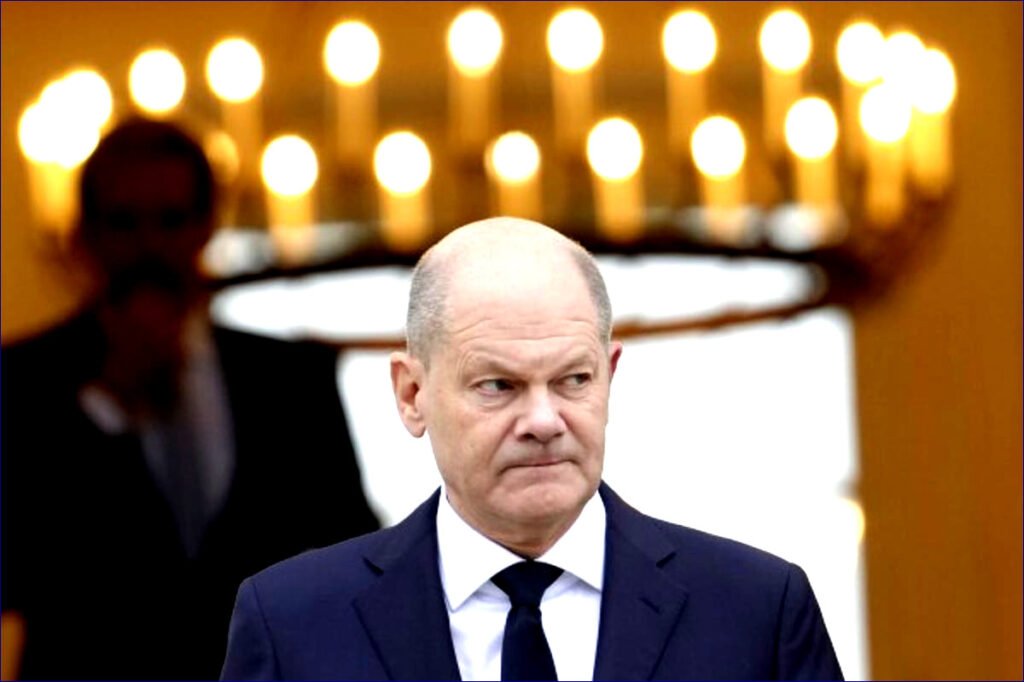In a shocking upheaval that sent ripples throughout the political landscape, Germany’s intricate coalition government—an alliance of the Social Democrats (SDP), the Free Democrats (FDP), and the Greens—met its untimely demise last Wednesday. The catalyst? Chancellor Olaf Scholz, representing the Social Democrats, made the audacious decision to unceremoniously oust Finance Minister Christian Lindner of the Free Democrats. A move so provocative it triggered the FDP to pull their support, thus dismantling the once-stable ‘traffic light coalition’ that had illuminated hopes for progressive governance.
This dramatic implosion is not merely a snapshot of political discord; it encapsulates deeper, festering disagreements over the trajectory of Germany’s economic policy—a schism that has, disturbingly, plagued the coalition since its inception. Since the middle of 2022, economic woes have escalated, marked by a relentless contraction in real GDP that continues to cast a long shadow over the nation’s fiscal health.
As the dust begins to settle, the remaining alliance of SDP and the Greens finds itself precariously holding the reins as a minority government. This transition invites uncertainty—what lies ahead will hinge on a forthcoming vote of confidence, a pivotal moment that could pave the way for the President to summon the nation to the polls. The once-promising coalition, now a tale of political fragility, raises pressing questions: can the remnants of this government steer through the storm, or is the fate of German governance destined for further tumult?

